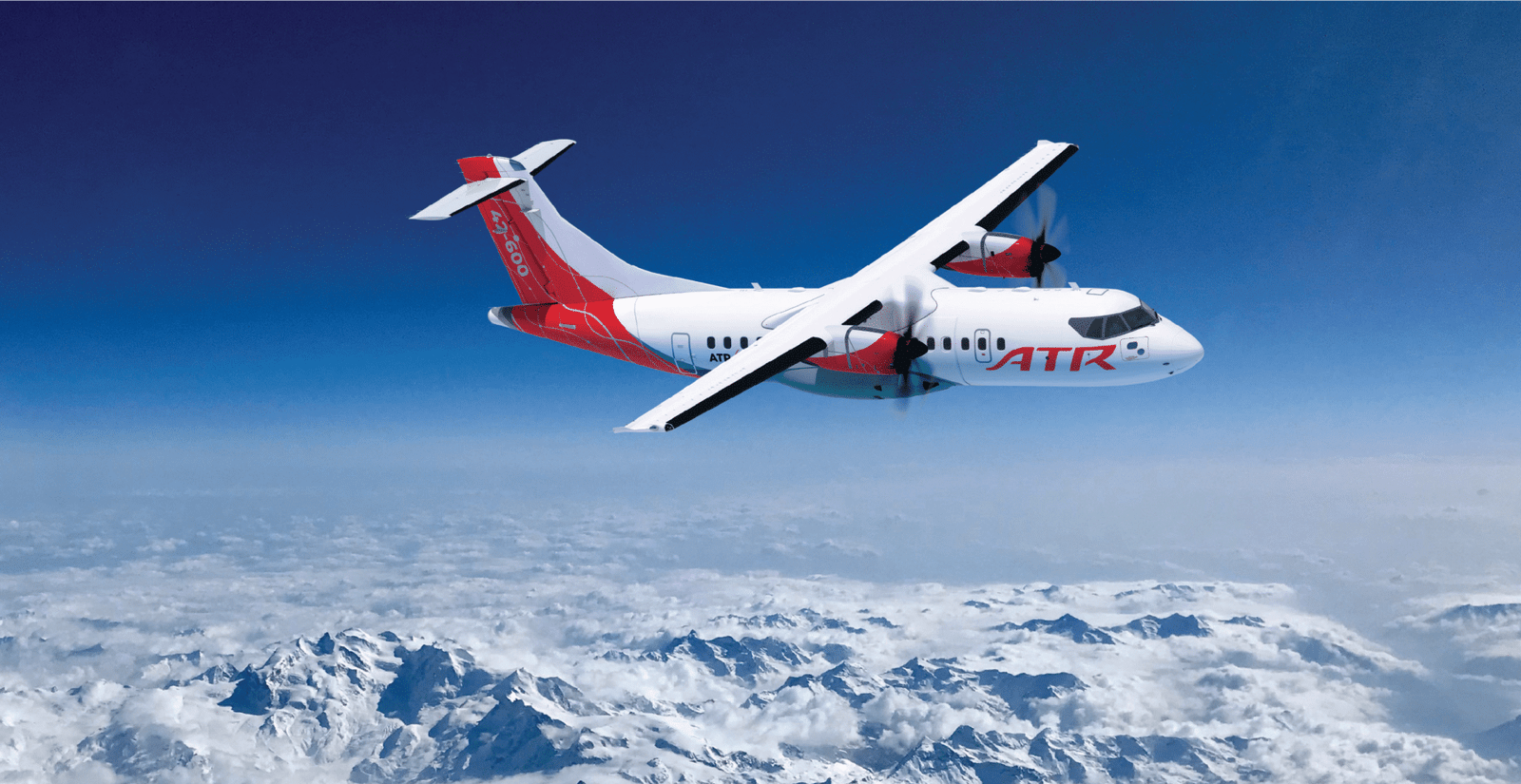What are aviation startups?: Aviation startups are new companies using innovative approaches to disrupt the traditional airline industry. They may be focused on developing new aircraft, creating more efficient flight operations, or offering passengers a more personalized travel experience.
Aviation Startups: Disrupting the Regional Airline Landscape
The airline industry, known for its high barriers to entry due to capital intensity, stringent regulations, and established giants, is witnessing a surge of innovative aviation startups. These agile companies are leveraging novel business models and cutting-edge technology to challenge the status quo, aiming to provide passengers with more affordable, convenient, and personalized travel experiences, particularly in the regional market. Check this out: https://scienceandaerospace.blog/a-global-roundup-of-space-hubs/
Understanding the Regional Airline Landscape
Regional airlines typically operate shorter flights connecting smaller cities to more significant hubs, often partnering with major airlines to feed traffic into their networks. They play a crucial role in connecting communities and facilitating regional travel. However, their offerings can sometimes be limited due to operational constraints and focus on established routes.
How Aviation Startups are Challenging Regional Airlines
Aviation startups are disrupting the regional airline sector through several key strategies:
- Competitive Pricing: By streamlining operations and adopting efficient technologies, startups can often offer more competitive fares than traditional regional carriers. This affordability opens up air travel to a broader audience.
- Serving Underserved Markets: Startups frequently target more miniature cities and underserved routes neglected by larger airlines, providing crucial connectivity to communities with limited air travel options. This focus on niche markets allows them to carve out a unique space in the industry.
- Technology-Driven Efficiency: Embracing modern technologies is a core strategy for aviation startups. From optimized flight planning software to enhanced booking platforms and improved aircraft efficiency, technology drives down operating costs and enhances the passenger experience.
- Enhanced Customer Experience: Startups prioritize a more personalized and seamless customer experience. This can include streamlined check-in processes, comfortable cabin environments, and attentive customer service, setting them apart from traditional airlines.
Examples of Innovative Aviation Startups
Several companies are leading the charge in this disruption:
- Breeze Airways: Focuses on point-to-point flights between mid-sized cities, bypassing major hubs and offering affordable fares.
- JSX: Operates public charter flights focusing on business and leisure travelers, offering a more comfortable and convenient experience than traditional regional flights.
- Surf Air: A membership-based service providing frequent flyers with unlimited flights within its network for a fixed monthly fee.
- Wright Electric & ZeroAvia: These companies are pioneering the development of electric and hydrogen-powered aircraft, respectively, aiming to revolutionize air travel with sustainable and environmentally friendly technologies.
The Future of Aviation Startups
The future for aviation startups looks promising. Technological advancements will enable even greater innovation and efficiency, potentially leading to more affordable and sustainable air travel options. The growing demand for air travel, particularly in emerging markets, presents a significant opportunity for these agile companies.
Navigating the Challenges
Despite the potential, aviation startups face significant hurdles:
- Securing Funding: Aviation is a capital-intensive industry, requiring substantial investment in aircraft, technology, and infrastructure. Attracting and securing funding is a constant challenge.
- Regulatory Compliance: The airline industry is heavily regulated, requiring startups to navigate complex certification processes and adhere to strict safety standards.
- Competition from Established Players: Incumbent airlines possess significant resources and established networks, posing a formidable competitive challenge.
- Building Public Trust: Gaining public confidence in new business models and technologies is crucial for success. Demonstrating safety and reliability is paramount.
Conclusion
Despite these challenges, aviation startups are poised to reshape the airline landscape, particularly in the regional market. By embracing innovation, focusing on customer needs, and leveraging technology, they drive positive change and offer passengers more choices and better travel experiences. They represent a dynamic and exciting force in the future of air travel.



